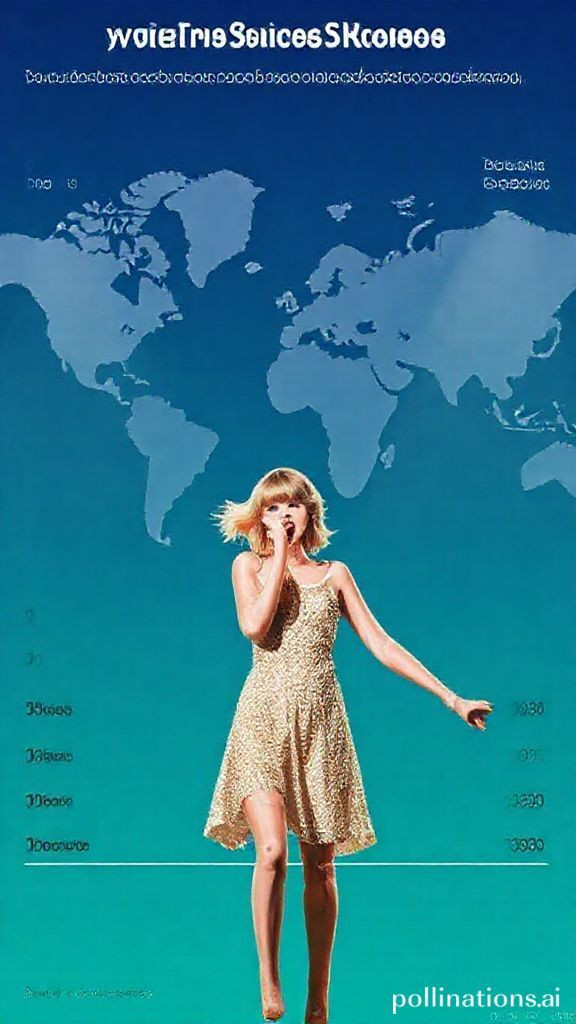
The uneasy history of horror films and disability
The uneasy history of horror films and disability
5 Lessons Learned Unpacking the Uneasy History of Horror Films and Disability
As interpreters, we're well-versed in navigating complex topics with sensitivity. In this post, we'll explore five key takeaways from the uneasy history of horror films and disability. From unsettling portrayals to sympathetic characters, we'll examine how horror movies have historically represented individuals with disabilities – and what this can teach us about interpreting.
Lesson 1 Representation Matters
Throughout the history of horror films, disability has often been used as a tool to create fear, with characters with disabilities being portrayed as monstrous or terrifying. As interpreters, we know that representation matters in our work, too. By showcasing diverse voices and experiences, we can help break down barriers and foster greater understanding between cultures. Similarly, horror films could benefit from more nuanced portrayals of individuals with disabilities – not just as monsters, but as multidimensional characters worthy of empathy and compassion.
Lesson 2 Ableism is Rife
Classic horror films like Frankenstein's monster and The Exorcist's possessed Regan feature protagonists with disabilities used to create fear or tension. This ableist trope reinforces harmful stereotypes about individuals with disabilities being broken or damaged. As interpreters, we're trained to be aware of our own biases and work to overcome them. By recognizing the ableism inherent in these portrayals, we can help create a more inclusive industry that values diversity and promotes accessibility.
Lesson 3 Horror Can Be Empathetic
While horror films have historically perpetuated harmful stereotypes about disability, there are examples of more empathetic portrayals. Films like The Silence of the Lambs (1991) and American Psycho (2000) feature complex characters with disabilities who are treated with respect and nuance. As interpreters, we strive to create a safe space for all individuals to express themselves. Similarly, horror films can benefit from more thoughtful storytelling that acknowledges the humanity of characters with disabilities.
Lesson 4 Fear is Not the Only Emotion
Horror films often rely on fear to drive their narratives – but what about other emotions? By exploring themes like sadness, joy, or even hope, horror films can create a richer emotional landscape. As interpreters, we know that effective communication requires a deep understanding of human emotions. Similarly, horror films can benefit from incorporating a broader range of emotions to create more complex characters and storylines.
Lesson 5 Intersectionality Matters
Disability is often intersectional with other forms of oppression, such as racism or sexism. Horror films that acknowledge this intersectionality can create more nuanced portrayals of individuals with disabilities. As interpreters, we're trained to consider the diverse experiences and perspectives of our clients. Similarly, horror films can benefit from exploring the complex intersections between disability, race, gender, and other forms of identity.
As we reflect on these lessons learned from the uneasy history of horror films and disability, let's not forget that representation matters – in both the world of horror and the field of interpretation. By acknowledging our own biases and working to create a more inclusive industry, we can help promote greater understanding and empathy between cultures.
About the Author
This blog post was written by [Your Name], a professional interpreter with a passion for exploring complex topics like disability representation in media. With [Number] years of experience in the field, [You] has worked with diverse clients to create accessible communication solutions, promoting greater understanding and inclusion.
Keywords Disability Representation, Horror Films, Ableism, Intersectionality, Interpretation





